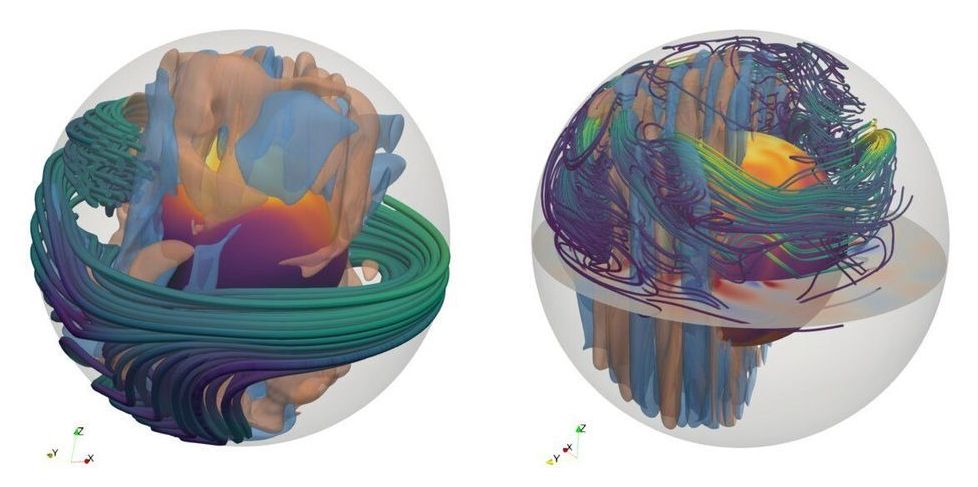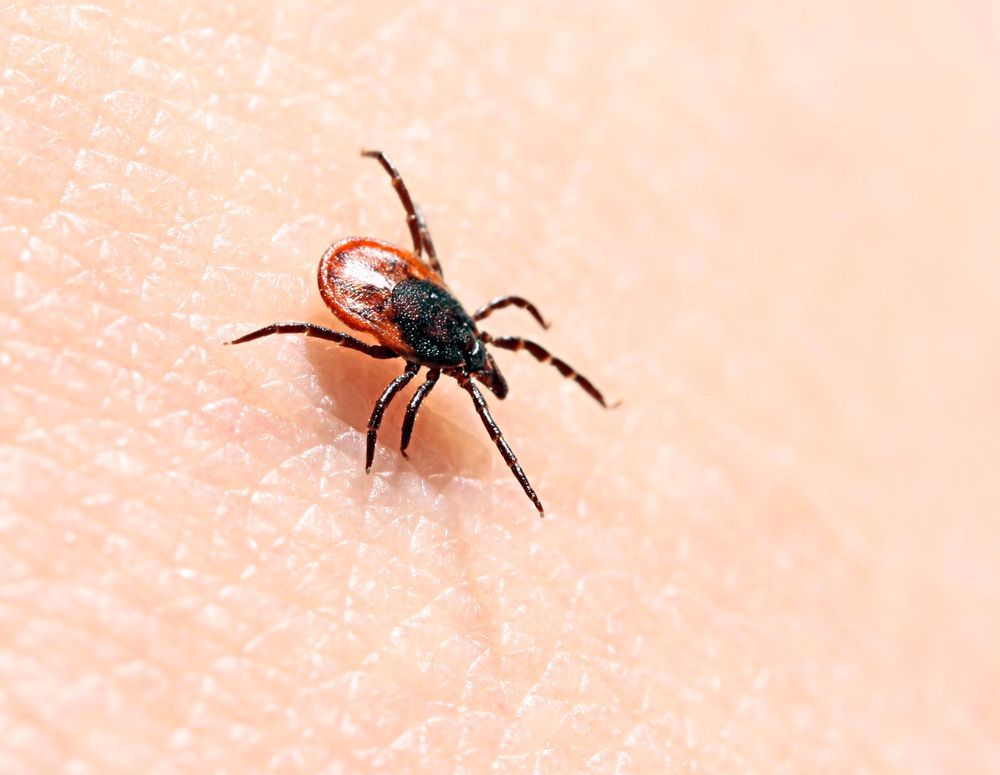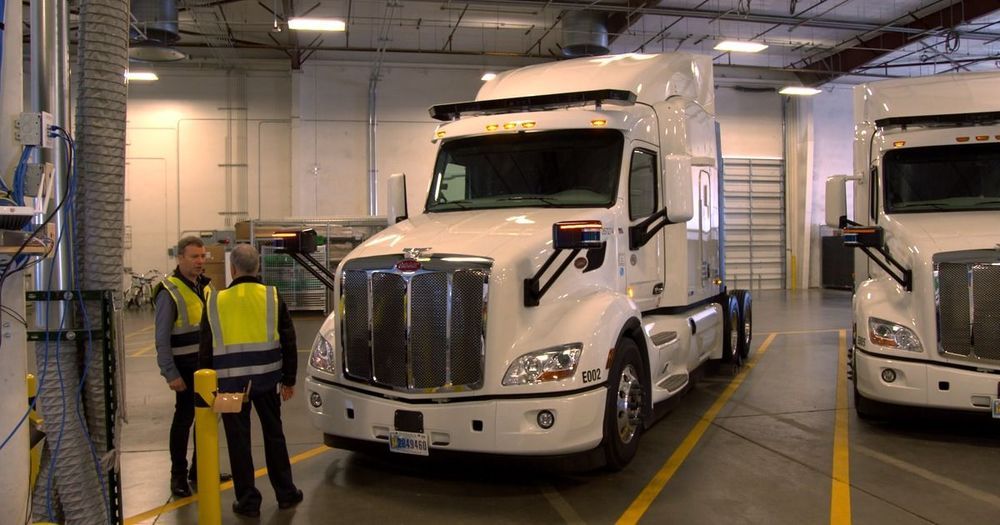Astronomers know that much about how neutron stars are born. Yet exactly what happens afterwards, inside these ultra-dense cores, remains a mystery. Some researchers theorize that neutrons might dominate all the way down to the centre. Others hypothesize that the incredible pressure compacts the material into more exotic particles or states that squish and deform in unusual ways.
Now, after decades of speculation, researchers are getting closer to solving the enigma, in part thanks to an instrument on the International Space Station called the Neutron Star Interior Composition Explorer (NICER).
These stellar remnants are some of the Universe’s most enigmatic objects — and they are finally starting to give up their secrets.








